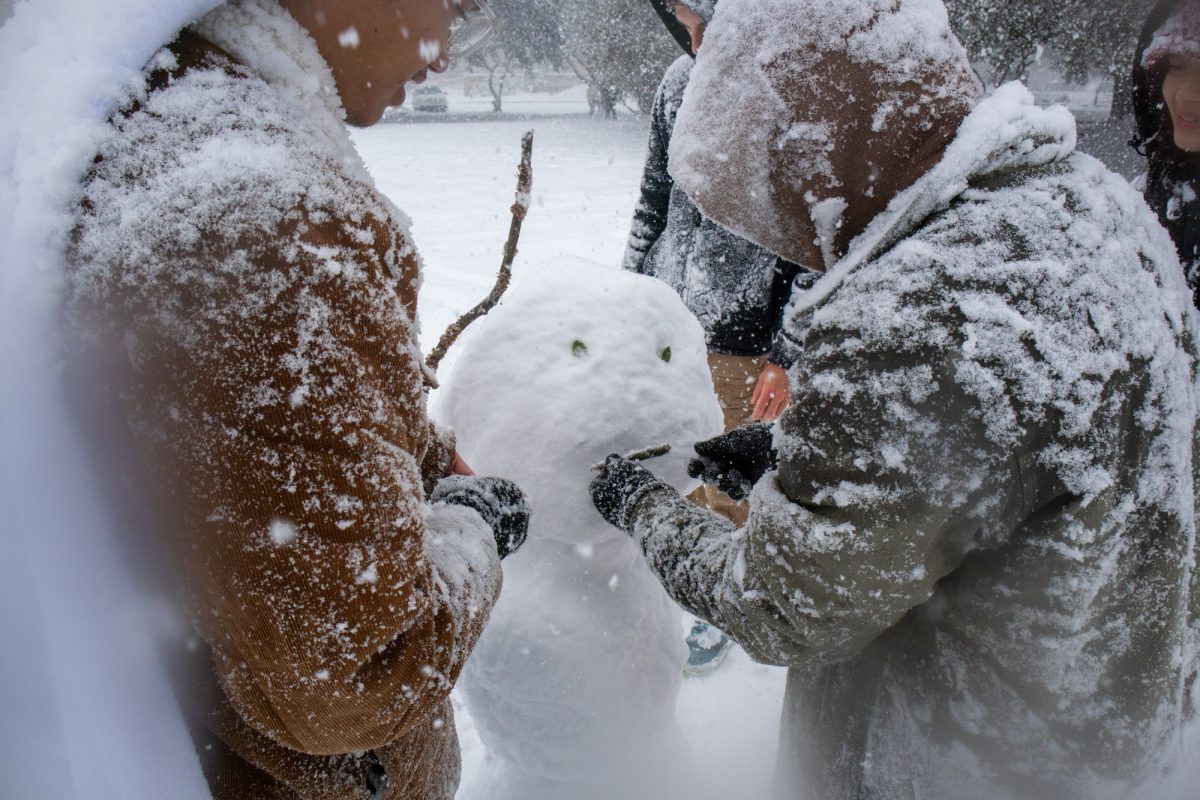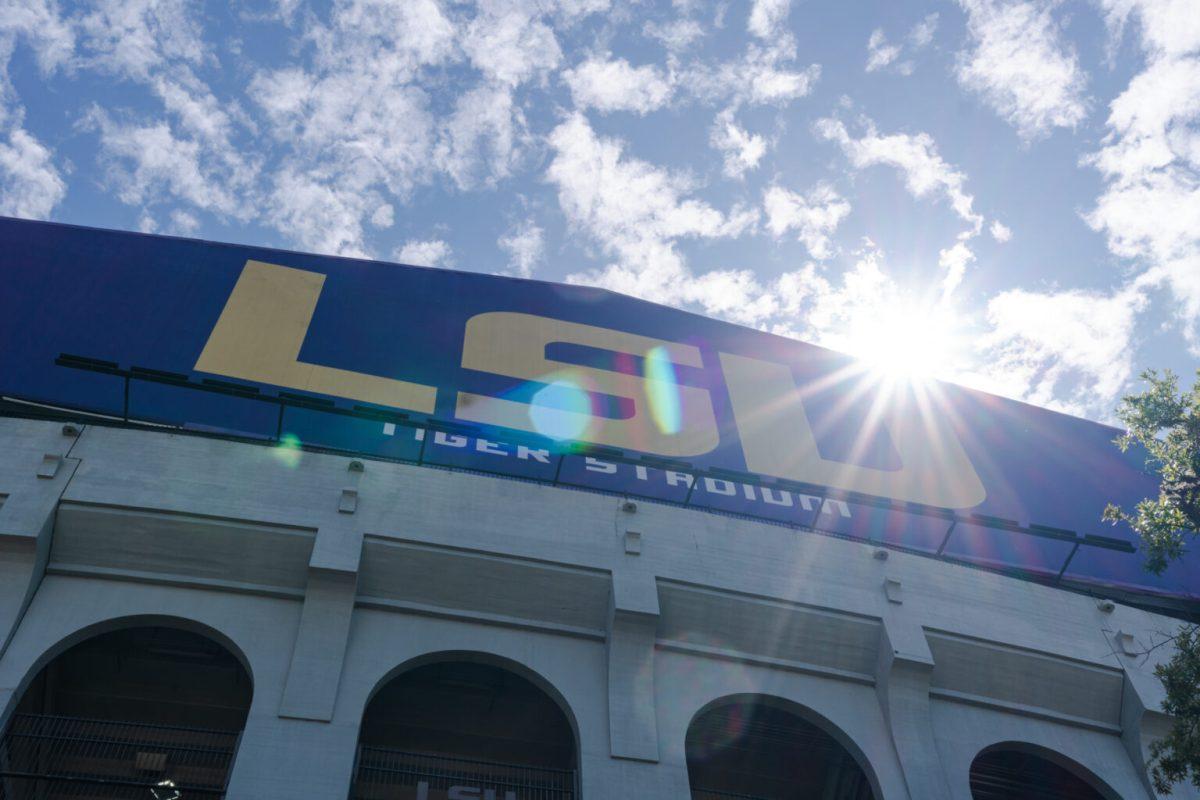I flew to Columbia, S.C., this past April to visit friends who attend the University of South Carolina. After spending a fantastic weekend at the Carolina Cup and their beautiful campus, I have to admit I briefly entertained the idea of transferring.
I think my experience there is why it hit me particularly hard when I learned six South Carolina students and one Clemson University student were killed in a beach house fire in North Carolina on Oct. 28. Any time college students are killed, it reminds me how grateful I should be for each day. The brief panic I experienced had me thinking, “Are my friends OK?” When I received confirmation that everyone was fine, I felt immense relief.
But I can’t imagine what it must feel like for your panic to be met with overwhelming pain.
The events prior to the early-morning fire are what make it all the more real to any college student. These students were enjoying the last of the warm weather at the beach with their friends. They cooked and watched football. How many of us haven’t done this before? Their lives coming to an untimely, horrific end was undoubtedly far from their minds.
Many in our generation seek support and unity through Facebook.com while coming to terms with loss. The social network has made it easy to express sympathy and see the victims as “real people.” Friends and family are able to share personal anecdotes that make us see the victims as people with whom we could have been friends. It reminds us we are not, in fact, invincible.
Amanda Goyer spent two years at South Carolina before transferring to Rhodes College. She was in the same Delta Delta Delta pledge class as Carly Pendley, the older sister of fellow Tri-Delt and victim Cassidy Pendley. Goyer also knew victim Allison Walden, who Goyer described as “a beautiful young woman with a graceful soul.” Goyer created the Facebook group “Pray for the victims and friends and family of the Ocean Isle Fire.”
“I started this group because I felt so far away from my sorority sisters, and I wanted to do anything possible to help and to show support,” Goyer said through Facebook. “I didn’t expect [the group’s membership] to reach almost 10,000 people!”
USC freshmen Rodney Otadoy and Travis Killian are administrators of another Facebook group, “RIP Students Who Perished On Oct. 28 2007.” Killian started the group after witnessing Otadoy receive the news that Pendley, his best friend since sixth grade, was among the fire’s victims.
“I started this Facebook group because it seemed only appropriate … to provide a place for the community to come together in a time of despair. It is a very good feeling to know that even though we (USC and Clemson) are rivals, we came together to help each other get through hard times,” Killian said via a Facebook message.
The Facebook group has also provided other people who were involved in the tragedy an opportunity to express their feelings, such as Robbie Hollyfield, the first paramedic to arrive on the scene.
Hollyfield said the scene was especially difficult because both his sister and close friend are in college.
“I found kids walking up the road, some covered in ash, all crying. My partner had to physically restrain one guy from attempting to re-enter the house to save his brother,” Hollyfield said through Facebook.
Facebook has given our generation one way to use technology for good, as we unite with fellow college students to show support. We may not have known those who died, but we easily could have. It emphasizes the realities of our interconnected world and the importance of cherishing life and living responsibly.
Oftentimes when tragedies such as this and the Virginia Tech shootings occur, we quickly feel a sense of purpose and community. But we also quickly forget when life returns to normal. We shouldn’t be so quick to disregard these feelings, however, no matter where the tragedy occurs. Death has something to teach us, whether it strengthens our personal beliefs or gives us a new insight.
For some, such as Ronnie Trogdon, an Appalachian State University freshman who was in Ocean Isle that weekend, being so close to the tragedy strengthened him of “hope in Jesus.” Others such as Hollyfield saw it as a wake-up call because to him the deaths were “all preventable.” Hollyfield said he felt the students’ partying inhibited them from escaping sooner.
The cause of the fire is still under investigation, but the lessons we take from it are clear. Whether the tragedy struck a religious chord or served as a call to responsibility, it should remind everyone to evaluate and cherish what is important to us as we mourn those who are gone.
——Contact Laura Bratcher at [email protected]
S.C. beach house deaths impact all students
November 6, 2007





